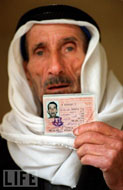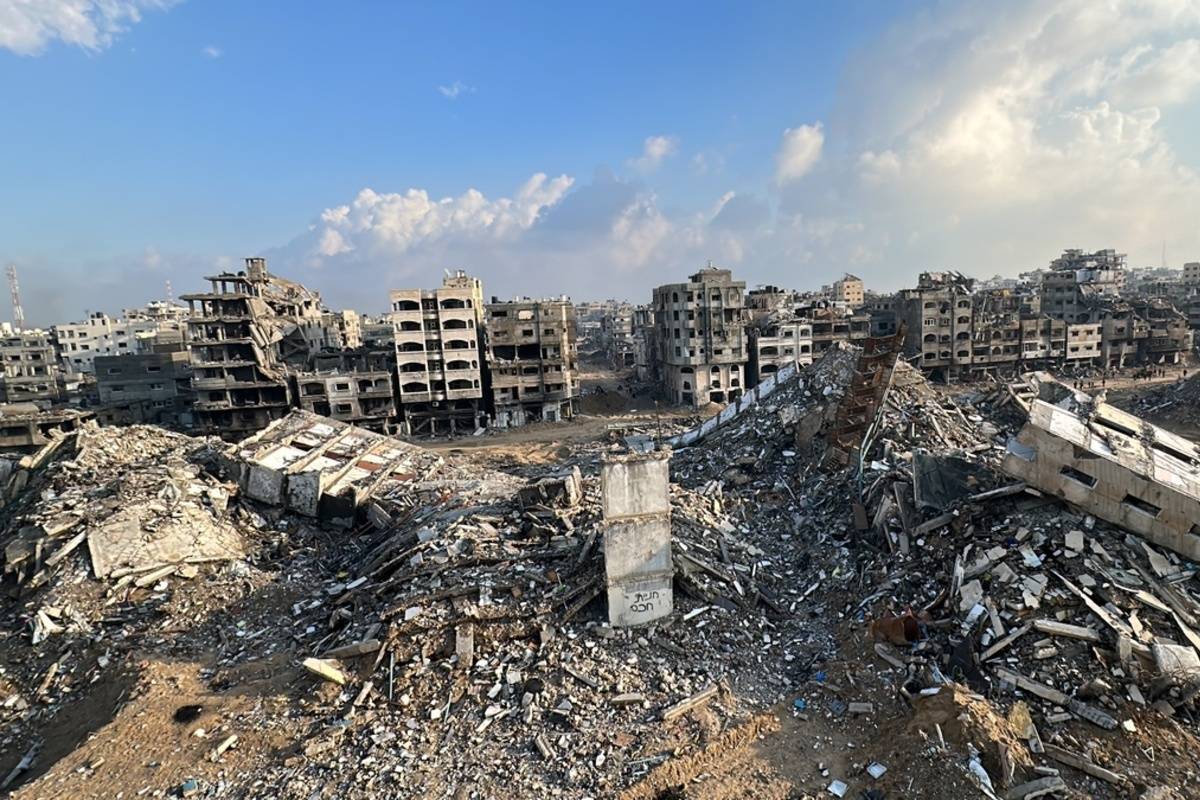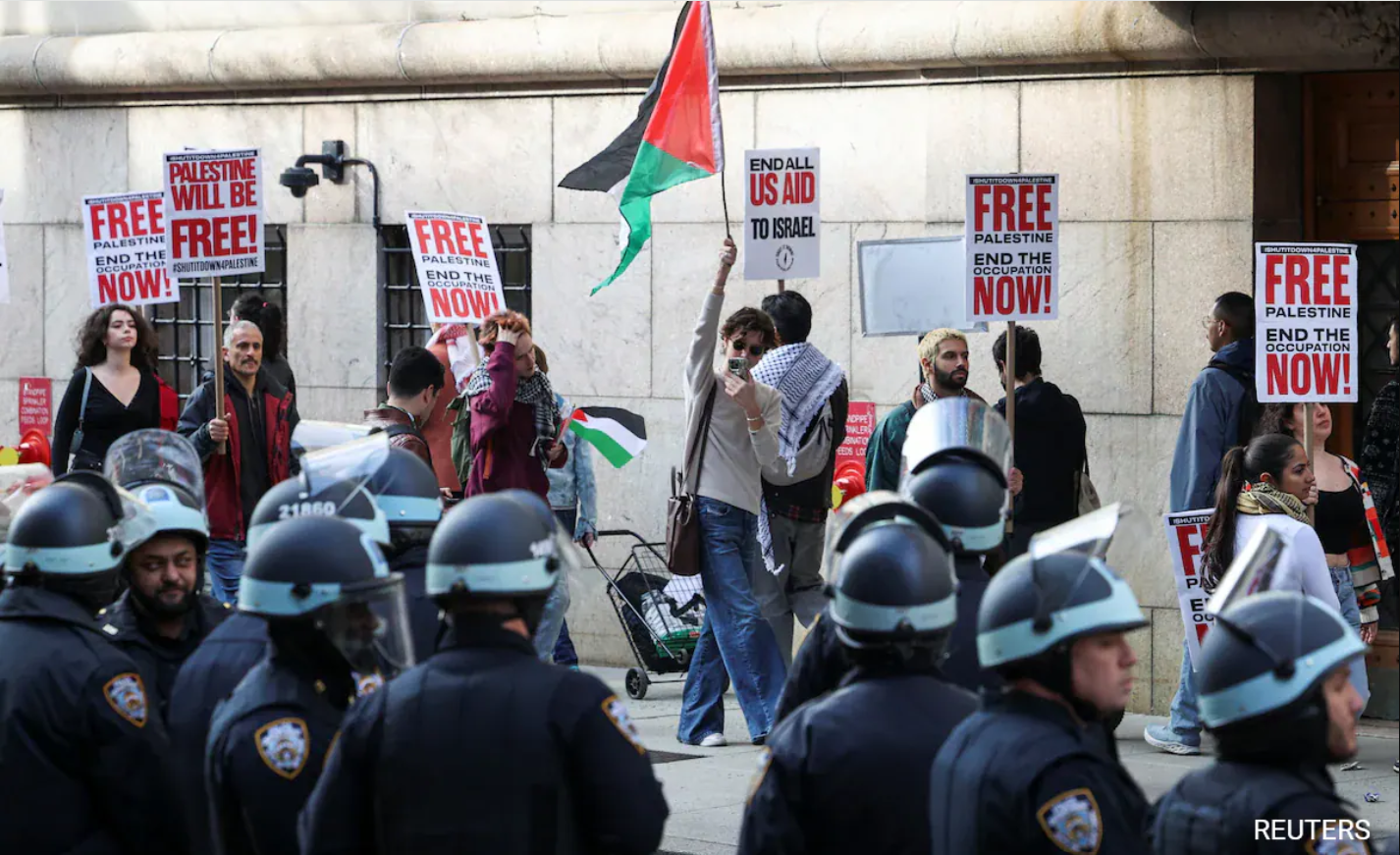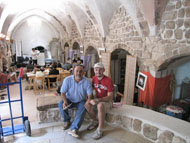One of the most contentious issues for Palestinians in this conflict is identity, how a person sees him or herself in relation to society and the world. This is especially true for Palestinian Arabs living within Israel, holding Israeli citizenship. They must decide whether to be Israeli Arabs, Arabs living in Israel, Palestinians living in Israel, Palestinians with Israeli citizenship, 1948 Arabs, 1948 Palestinians… Each has a slightly different connotation and all are politically charged. The main division, no matter the label, is whether to take part in the Israeli system or to boycott it; to be an Israeli or a Palestinian.
Whether they call themselves Palestinians or Israelis, Arabs with Israeli citizenship come from a unique perspective. Though the broader Arab nation has historically been at the crossroads between East and West, this is a uniquely westernized subset of the Arab nation because of their almost complete isolation from the rest of the Arab world and their exposure to a highly developed, Western-style country. The influence on the culture is obvious from the language -- which incorporates much Hebrew and English --- clothes, music, religious sensitivities and other cultural aspects that all have a stronger Western influence than other Arab societies.
Yet, while they ostensibly enjoy equal rights under Israeli law, they are still not accepted as equal citizens with the same status as Jews within the Jewish state. The system of oppression is patently different and much more subtle than in the West Bank and Gaza, but it is just as effective at maintaining the superiority of Jews over the indigenous people. Segregation is pervasive with the few mixed cities that exist being divided into homogenous quarters along ethnic lines. Racism is widespread among all sectors of Israeli society, with a February Knesset channel poll showing 75 percent of Jews in favor of deporting Arabs as part of a final settlement with Palestinians. A separate poll published in Haaretz found that half of Israeli high school students believe Arabs should not have full equal rights. This racism is expressed through the institutions of the state with frequent house demolitions, political marginalization, selective law enforcement, unequal land zoning, discriminatory public funding in education, housing and healthcare, among many others. According to a 2005 report by the New Israel Fund, the Israeli government spends an average of $192 per year on each Arab student compared to $1,100 per Jewish student.
As such an ethnocentric state, there is an inherent contradiction to Arabs who choose to embrace Israeli society and try simply to blend in. They may see it as making the best of a bad situation: Their lives as second-class citizens under the Israeli system are better than the average Palestinians in the West Bank or Gaza and probably better than the average Arab no matter where they are. Though this mentality leads them to shed at least some of their Palestinian identity, they cannot completely assimilate into Jewish culture, and as such remain outsiders in Israeli society. They still usually speak Arabic at home, watch Arab television, read Arab news, listen to Arab music, and follow Arab customs and culture. For any non-Jew to adopt the Israeli identity forces them to adapt to some forms of cognitive dissonance. No matter how much an Arab tries to adapt to Israeli society and internalize the culture, the primary goal of the Israeli system is to promote and protect Jewish culture and society.
Arabs who assimilate into Israeli society must also face resentment and even rejection by their Palestinian brothers who see their adoption of Israeli identity as a betrayal. To Palestinian nationalists on both sides of the Green Line, self-identifying Arab Israelis have traded their heritage for the promise of paltry social benefits and slightly enhanced status. They give the establishment a chance to divide the Arab minority into “good Arabs” who assimilate and “bad Arabs” who insist on retaining their Palestinian identity. Dividing the people like so makes it easier to marginalize the dissenters who refuse to submit to second-class status.
On the other hand, I can very much understand the desire to blend in with the majority. Sure they still deal with racism, class disparity, barriers to entry and institutional corruption and suspicion from their Palestinian compatriots, but someone who makes him or herself appear and sound like a part of the dominant group will probably find more open doors. It may be easier to be accepted to a good school, find a lucrative job, build a social network, and get ahead in society without the long struggle for equal rights to come first.
Then there is the opposing view of being Palestinian in blood and Israeli in citizenship only. There is a very fundamental moral attractiveness to take a principled stand and consciously don the heavy mantle of an ostracized heritage. Yet it comes at the cost of social standing, economic opportunity, public harassment, boycott, political disenfranchisement and a less comfortable way of life. They do so out of a yearning for what could be, though never was: A chance at true self determination. Now the Palestinian nationalist movement in Israel seeks this right within the Israeli system. To speak their language on the street, in a restaurant or on a bus without worrying about the consequences; a chance to fully express their way of life without being punished; to be first class citizens within their homeland.
Nijim Dabbour is a Writer for the Media and Information Department at the Palestinian Initiative for the Promotion of Global Dialogue and Democracy (MIFTAH). He can be contacted at mid@miftah.org.









